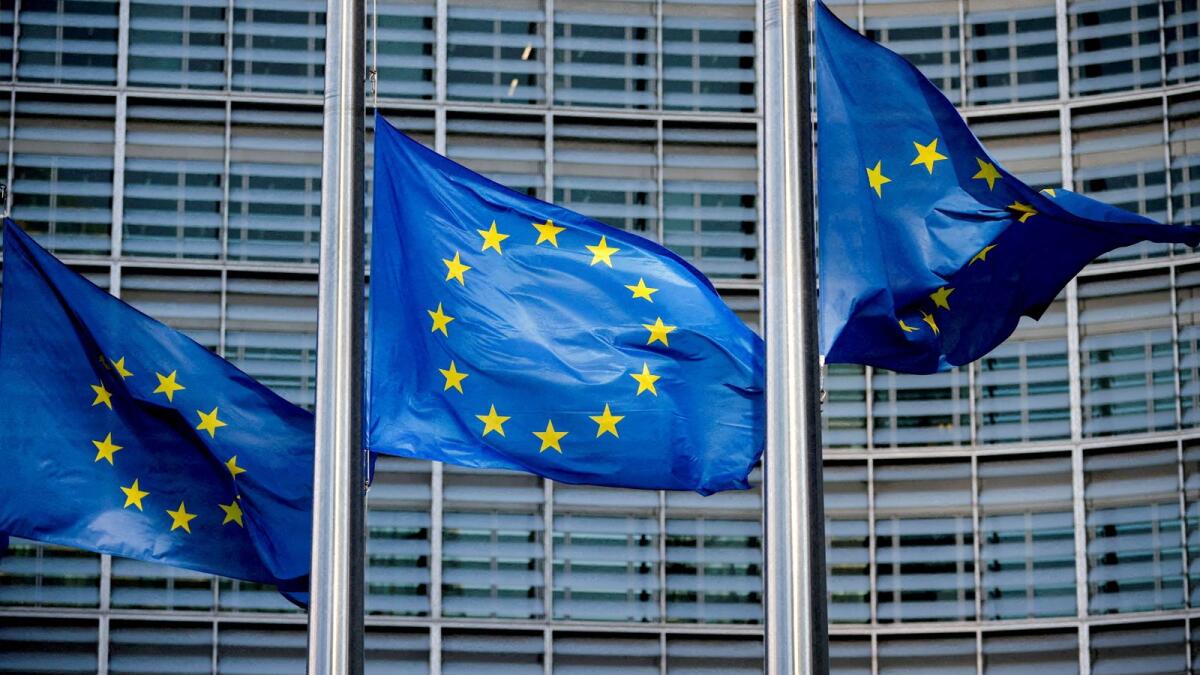The European Commission is continuing negotiations with China regarding import tariffs on Chinese electric vehicles, even after proposing final tariffs to EU countries. The Commission, conducting an anti-subsidy investigation into EVs made in China, has sent a proposal for final tariffs to EU members for a vote. Despite this, talks with China have not resolved the dispute over alleged subsidies, leading to the possibility of negotiations for a compromise even if the tariffs are imposed. The proposed tariffs range from 7.8% for Tesla EVs built in China to 35.3% for other companies, on top of the EU’s standard 10% car import duty.
China’s commerce ministry has mentioned negotiating a flexible price-commitment scheme to avoid tariffs. The Commission has indicated a willingness to re-examine a price undertaking involving a minimum import price and volume cap, despite rejecting previous offers from Chinese companies. EU members are scheduled to vote on whether to support definitive tariffs for the next five years, with a decision needing to be made by October 30, the EU’s anti-subsidy investigation deadline. The imposition of definitive tariffs would also require the payment of provisional duties dating back to July.
The European Commission has not commented on the ongoing negotiations and proposals being made. The vote by EU members on the final tariffs is set to take place on Friday, with the potential for a second round of voting if needed. If a qualified majority of 15 EU countries representing 65% of the EU’s population vote against the proposed tariffs, they may not be imposed. Until a decision is made, companies can cover provisional duties with a bank guarantee as part of the investigation process.
With talks between the European Commission and China continuing, negotiations on a possible compromise are still on the table, even if tariffs are implemented. The EU’s anti-subsidy investigation into Chinese electric vehicles has led to proposed tariff rates, varying for different companies and on top of standard import duties. The deadline for a decision on definitive tariffs is approaching, with potential implications on provisional duties that would need to be paid. The outcome of the vote by EU members on the final tariffs will determine the next steps in the ongoing trade dispute between the EU and China.
In the midst of tensions over alleged subsidies for Chinese electric vehicles, the EU is navigating a delicate balance between imposing tariffs and seeking a resolution through negotiations. The possibility of a compromise remains open, with the European Commission considering revisiting a price undertaking approach with China. The outcome of the vote on Friday will shed light on the EU’s stance on Chinese electric vehicle imports and could have implications for future trade relations between the two entities. As the deadline for a decision looms, both sides are working towards finding a mutually acceptable solution to the ongoing trade dispute.











